Healthy Living
High-Risk Pregnancy Facts and Figures
What is a high-risk pregnancy?
Your pregnancy is called high-risk if you or your baby has an increased chance of a health problem.
Some pregnancies become high risk as the progress, while some women, for a variety of reasons, are at increased risk for complications before they get pregnant. High-risk pregnancies often require specialized care.
6 Signs of a High-Risk Pregnancy
- Age
- Smoking
- Medical History
- Pregnancy Complications
- Multiple Pregnancies
- Obesity
 Pregnant women 17 and under carry additional pregnancy risks such as high blood pressure and anemia. |
 Age at which a pregnant woman is at higher risk for placenta issues, gestational diabetes and high blood pressure during pregnancy. |
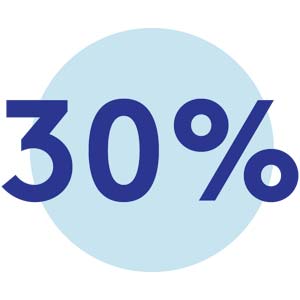 Percentage of increased risk of placental abruption in subsequent pregnancy after two C-section deliveries. |
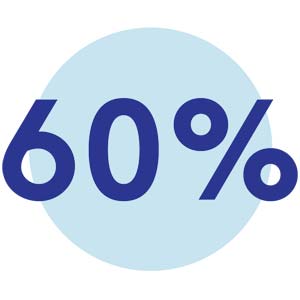 Percentage of all twins born prematurely. |
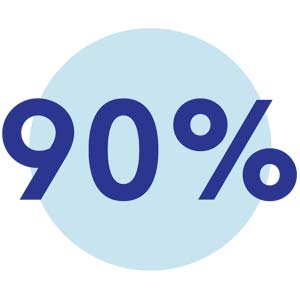 Percentage of triplets born preterm. |
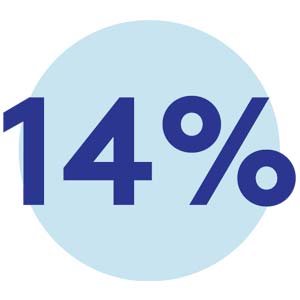 Percentage of women who experience preterm labor due to smoking cigarettes. |
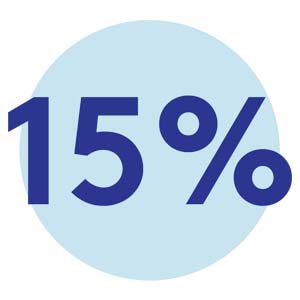 Percentage that obesity can raise infants’ risk of heart problems. Obesity also increases the risk for high blood pressure, preeclampsia, gestational diabetes, stillbirth, neural tube defects and cesarean delivery. |
Although high-risk pregnancy is not always preventable, staying healthy before and during pregnancy is a good way to lower the risk of having a difficult pregnancy. Regular prenatal visits to your healthcare provider help identify health problems early, when steps can be taken to protect the health of you and your baby.
Sources:
American Pregnancy Association
U.S. Department of Health and Human Services – National Institutes of Health
American Congress of Obstetricians and Gynecologists

